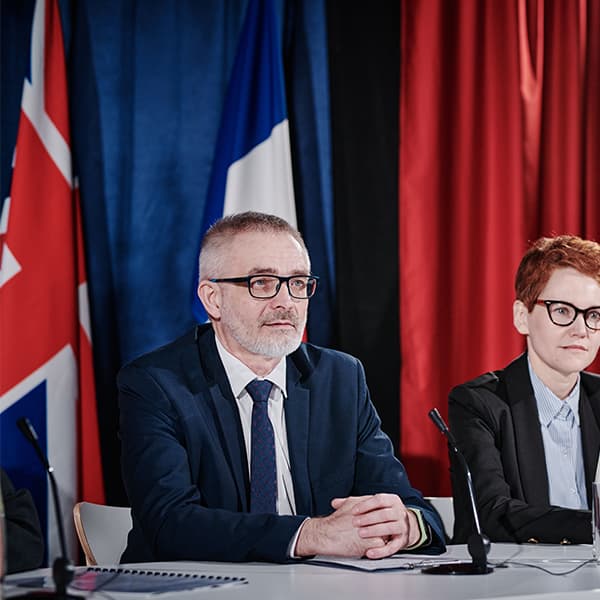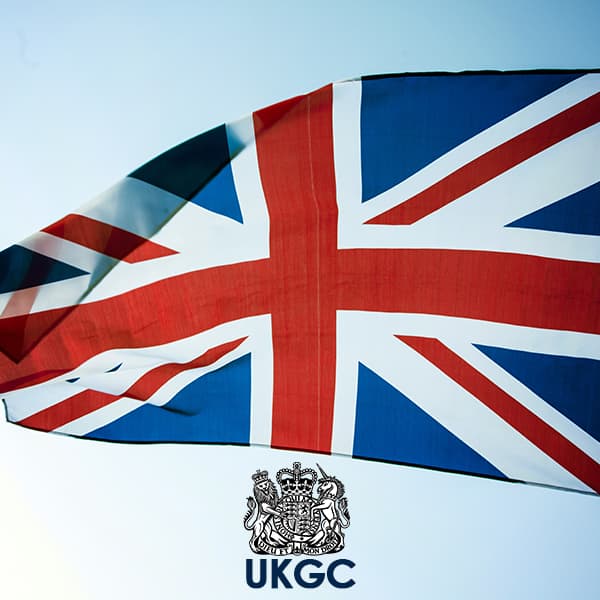2022 is reaching its end but the UK government still hasn’t revealed their plans for gambling reform. Are we any closer to finding out what the Conservative government has in store for the UK gambling industry?
It’s been a chaotic year in British politics. Few would have dared place a bet on there being three different Prime Ministers in 2022. Three years ago, the Tories promised in their General Election manifesto to reform the Gambling Act 2005.
A long review has taken place but still no White Paper on gambling reform has been published. The review did get sent to Downing Street in July but then chaos broke out in Downing Street. Prime Minister Boris Johnson had other thoughts on his mind and announced his resignation.
That caused further delays for gambling reform. Johnson stayed in Downing Street but no new policies were to be announced until his successor was chosen. When Liz Truss became Prime Minister, working out what to do about the gambling industry was way down on her to-do list.
Gamblers spent the reign of Liz Truss as Prime Minister betting on when she’d leave office. That didn’t prove to be that long and now Rishi Sunak has become the third Prime Minister of the year. What has been noticeable in recent months is the lack of attention given to gambling reform.
Rishi Sunak talks a lot about the cost of living crisis, the war in Ukraine and the NHS. What action should be taken to regulate the gambling industry doesn’t appear to be that high on his to-do list either.
One question that has been difficult to answer this year has been who’s in charge of the review? It’s been a revolving door and currently it’s Paul Scully MP who has the responsibility. He’s the sixth person to be in charge since the review into gambling began.


What could the government do to reform the Gambling Act 2005? It’s generally agreed that the current legislation is outdated. The gambling industry is very different now with the arrival of 24/7 online betting. Chris Philp was in charge of the review but resigned shortly before Boris announced his resignation.
In his resignation letter, Philp called for the new Prime Minister to carry on with the gambling review. He gave a few clues into what the White Paper might include. His main concerns are about gambling sites and online casinos operating in the UK, particularly slot games. Whether those fears are shared by Rishi Sunak and Paul Scully aren’t known.
While the government hasn’t been moving forward with gambling reform, others have been taking action. The UK Gambling Commission (UKGC) has been clamping down on those operators they have granted licences to.
This has seen millions of pounds being paid in financial settlements. 888 Holdings made one of over £9 million but that’s not the highest penalty imposed in 2022. Entain (who own gambling operators such as Coral, Ladbrokes and Bwin) had to make a payment of £17 million.
Only this month, football app LEBOM had their licence suspended by the UKGC. They had not mentioned support group GAMSTOP on their app and that goes against regulations laid down in their licence.
The UKGC have issued new guidelines about how companies deal with those who are dealing with gambling harm. Many of the financial penalties have come about due to social responsibility and anti-money laundering failures.
Reviews have produced examples of customers being able to bet large amounts despite making significant losses. Companies have also failed to check where big spending customers are getting their funding from.
Other areas that are of that are of concern to those campaigning against gambling is advertising and sponsorship of sporting teams and events.
Just as tobacco sponsorship was eventually banned, there are calls for the same to happen regarding gambling companies. The rumours are that the White Paper won’t include a compulsory ban on betting operators sponsoring English Premier League clubs.
It’s believed that the hope is that the clubs themselves will agree to a voluntary ban. A vote by Premier League clubs is yet to take place, so another delay. If a voluntary ban was imposed, the belief is that existing deals would be allowed to continue until they expire. A possible compromise would be to still allow sleeve sponsorship but ban the names of gambling companies on the front of shirts.
There has been some movement on how gambling companies can advertise their products. October saw the Advertising Standards Authority ban sports personalities and celebrities from appearing in gambling adverts. Those who are seen as role models to those not old enough to gamble are now on the banned list.
It’s a worrying time therefore for the UK gambling industry. There is still uncertainty over what the government will eventually do. While they delay their announcement, the UKGC and other bodies continue to make life difficult for them.

















